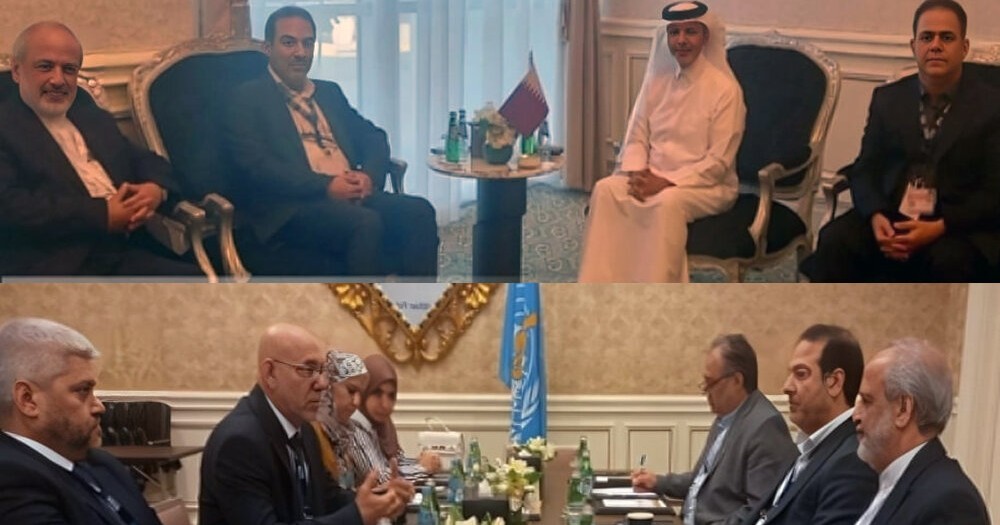Qatar, Iraq looking to boost health cooperation with Iran

Qatar and Iraq are pursuing stronger collaborations with Iran in the healthcare sector. Recent discussions took place during the seventy-first session of the World Health Organization (WHO) Regional Office for the Eastern Mediterranean (EMRO), held in Doha from October 14 to 17. The meeting focused on "health beyond borders: action, access, equity," emphasizing the importance of cross-border cooperation to enhance health outcomes across the region.
What's the news?
During the event, officials from Qatar and Iraq engaged in separate discussions with Iranian health representatives. Salih Al Marri, Qatar's Assistant Minister for Health Affairs, met with Alireza Raeisi and Mohammad-Hossein Niknam from Iran's Health Ministry. The talks centered around expanding collaboration, particularly in health infrastructure, disease control, and digital health systems. As a result, Iran and Qatar are working on two memorandums of understanding, complemented by establishing working groups to manage communicable disease detection and expertise sharing.
Similarly, Iraq's Public Health Department Director, Riyadh Abdul Amir, announced plans for joint efforts in managing communicable and non-communicable diseases. This includes the digitization of health systems and rapid information exchange for disease control.
"Utilizing full potentials available in the regional countries is essential for us," emphasized WHO EMRO's Hanna Hasan Balkhi, indicating WHO's support for these initiatives.
Why does it matter?
Enhanced cooperation among Qatar, Iraq, and Iran holds strategic significance for the region, given the health challenges posed by the COVID-19 pandemic and other crises. According to Raeisi, Western nations, including the U.S., were unresponsive during the pandemic, highlighting the need for robust regional partnerships to tackle future health emergencies.
By improving collaboration, these nations aim to manage current health threats and prepare for future crises, ensuring better healthcare access and resilience.
As Balkhi noted during her recent visit, "Iran is a role model in health in the region," underscoring Iran's pivotal role in fostering regional health improvements.
The context
The ongoing health initiatives are part of a broader strategy to enhance regional health infrastructure and cooperation. The WHO session highlighted Iran's achievements, with Raeisi outlining key national priorities — including the family physician program, electronic health records, and controlling non-communicable diseases. The prevalence of such diseases has increased in West Asia, with onset ages lowering due to ongoing regional conflicts.
Raeisi emphasized a need for early intervention: "We are planning to control the risk factors from childhood through old age."
The cooperation between these nations represents a shift toward regional self-reliance, ensuring that countries can effectively manage health crises without over-reliance on external aid.
💡Did you know?
You can take your DHArab experience to the next level with our Premium Membership.👉 Click here to learn more
🛠️Featured tool
 Easy-Peasy
Easy-Peasy
An all-in-one AI tool offering the ability to build no-code AI Bots, create articles & social media posts, convert text into natural speech in 40+ languages, create and edit images, generate videos, and more.
👉 Click here to learn more


